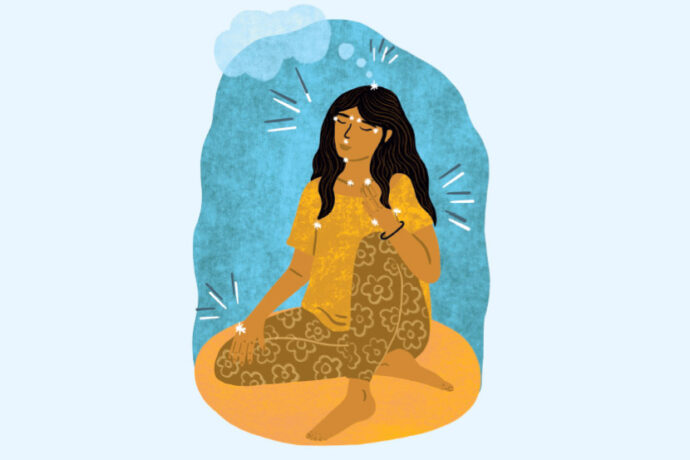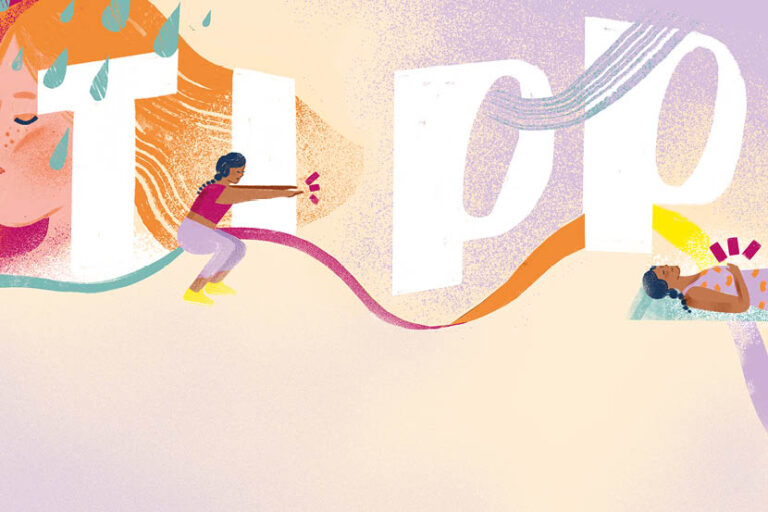
Navigating life’s decisions often involves balancing your values with the perspectives of others. Learn when to listen, when to trust your instincts, and how understanding other viewpoints can lead to deeper connections.
Your choices are your own, but there are occasions when it can be helpful to pay head to other people’s opinions.
The wisdom of not caring what other people think – about you, your actions, beliefs, opinions, and choices – has been widely touted in recent years. It’s a favourite subject of many self-help authors and motivational speakers. To a certain extent, it’s an empowering attitude, especially for those who feel they’ve let their life’s path be dictated by others. It can be a useful counter to the people-pleasing mindset that too often prevents someone expressing their authentic self. But this carefree attitude is not without its pitfalls. Experts say that automatically disregarding the opinions of others can pose a barrier to empathising and connecting with those around you.
‘We know a lot of people care so much about what other people think that they lose sight of their own values,’ says Amy Morin, an American therapist, bestselling author, and host of the Verywell Mind podcast. ‘To counter the people-pleasing mentality, some have adopted the idea that you shouldn’t care what other people think. And while that may sound good at first, ultimately, that’s not a healthy mindset, either.’
Why opinions matter
Amy says that a person who truly never cared about what anyone else thought would struggle to get by in life. For one thing, she believes that such an approach can get in the way of forming relationships: ‘Human beings have a strong need to belong. And while you don’t need to fit in with everyone, it is important to connect with like-minded people. In order to do that, you need to know how other people think.’
This, of course, isn’t straightforward. The brain is a powerful and complicated organ, and not everyone sees and perceives the world – or others’ thoughts and behaviour – in the same way. Life experiences will also influence how actions might be interpreted. Strong communication and healthy relationships, however, do benefit from being able to see things from other people’s perspectives. A person might love blasting pop music, but if it’s their spouse’s least favourite genre, they’d be better served by getting a pair of headphones, or switching to a playlist they both enjoy, rather than trying to sell their partner on the merits of Dua Lipa’s latest single.
Empathy builds connection
Karla McLaren, an American social-science researcher who’s written several books on empathy, including The Art of Empathy and The Language of Emotions, agrees that adopting a mindset of curiosity about others’ positions can strengthen relationships. She says trying to see things through someone else’s eyes is ‘one of the key skills that helps us develop empathy and the capacity for deep relationships. If we can’t understand other people’s perspectives, we can’t understand them, and our own understanding of ourselves will suffer as well.’
She adds: ‘There’s a certain value to not being trapped by the opinions of others, but in practice, not caring about what others think tends to decay into not caring about others. If you think about that attitude coming toward you, would you want your ideas and care to mean nothing to someone else? It would mean that there’s essentially no relationship there.’
Karla believes there’s value in trusting those closest to you, and in giving their perspectives the same consideration you’d want them to give your own: ‘Often, other people’s opinions are valid, even if we might not want to hear them. Making a blanket statement that we don’t care about anyone else’s thoughts is isolating, rather than freeing.’
Marriage and family therapist Kristen Howerton echoes this idea in one of her online videos. She says: ‘We have to find a balance between trying to please all people all the time, which leads into co-dependency and social anxiety, versus walking around in bulletproof armour, not concerned with how we make other people feel.’
Each person’s unique perspective
Kristen explains that it’s important to remember that our actions have the potential to hurt the people we care about. The impact of what we say and do doesn’t always match our intentions, and it’s possible to cause harm without realising it.
Whose advise should you trust?
Of course, giving other people’s thoughts consideration doesn’t mean blindly bending to every single outside judgement. Caring about what everybody thinks can be just as damaging as not bearing anyone else’s views in mind. Amy says not all viewpoints are created equal: ‘When it comes to deciding how much weight to give someone’s opinion, think about whether that person has a strong investment in you,’ she says. ‘A stranger on the internet probably doesn’t care about your future, but a close friend or family member does.’
It’s also important to consider the level of expertise the person advising you has on the topic in question. ‘If someone has never owned a business and they’re giving you business advice, you might not value what they have to say,’ Amy says. But it could be worth taking into account the opinions of someone who’s found success in your field. Drawing from the wisdom of others doesn’t necessarily mean adopting all their views. Amy says it’s important for people to know their own values and to seek advice in cases where they’re not sure their actions are in line with them. A person might value their family and be indecisive about whether the best way to follow that value is to work longer hours, so they can fully fund their children’s education, or to work fewer hours, so they can spend more time at home. Seeking guidance from a few trusted confidants who want the best for them could help that person decide what to do.
Understanding new perspectives
It can also be helpful to seek help from those whose life experiences or personality differ from your own. ‘People who are very different from us can be a goldmine because they don’t see life in the way we do,’ Karla says. ‘When I’ve got a very difficult problem that I just cannot figure out, I seek out people who are least like me because they often have fresh and surprising information. Sometimes it doesn’t fit or I can’t do the things they suggest, but it helps me see that there are dozens, or even hundreds, of approaches to difficulties.’ She says reaching out in this way can help her get unstuck, while also expanding her capacity to understand people more deeply.
Not everyone needs to follow every well-intentioned piece of advice they get. Even a trusted friend might suggest something that you know in your heart is wrong for you. But Amy suggests at least taking counsel from those who love you: ‘Ultimately, you don’t have to change your behaviour, but it’s important to consider that they may also have knowledge that could benefit you.’
Each person’s choices are their own, and prioritising pleasing others or being deeply wounded by every piece of criticism would be a stifling way to live. But an attitude of openness to learning about how others see things can strengthen relationships and pave the way for previously unthought-of possibilities. So, as you chart your own course through life, Amy has these words: ‘Keep in mind that it’s OK to listen to other people’s opinions. That doesn’t mean you need to agree. But learning how other people think might expand the way you see the world.’
Questions to evaluate opinions
If you’re contemplating whether to follow someone else’s lead, try asking yourself the following questions before deciding how much weight to give to their opinions:
- Does this person have my best interests at heart?
- Do they have direct knowledge of experience in the area they’re advising me on?
- How might life experience be shaping their opinion?
- How might my experiences be shaping my view?
- Have they noticed something about the situation that I’m not seeing?
- Even if I don’t follow their advice, what insights has it given me into how they see the world?
- How can this strengthen our relationship?
WORDS: Jillian Bell


















